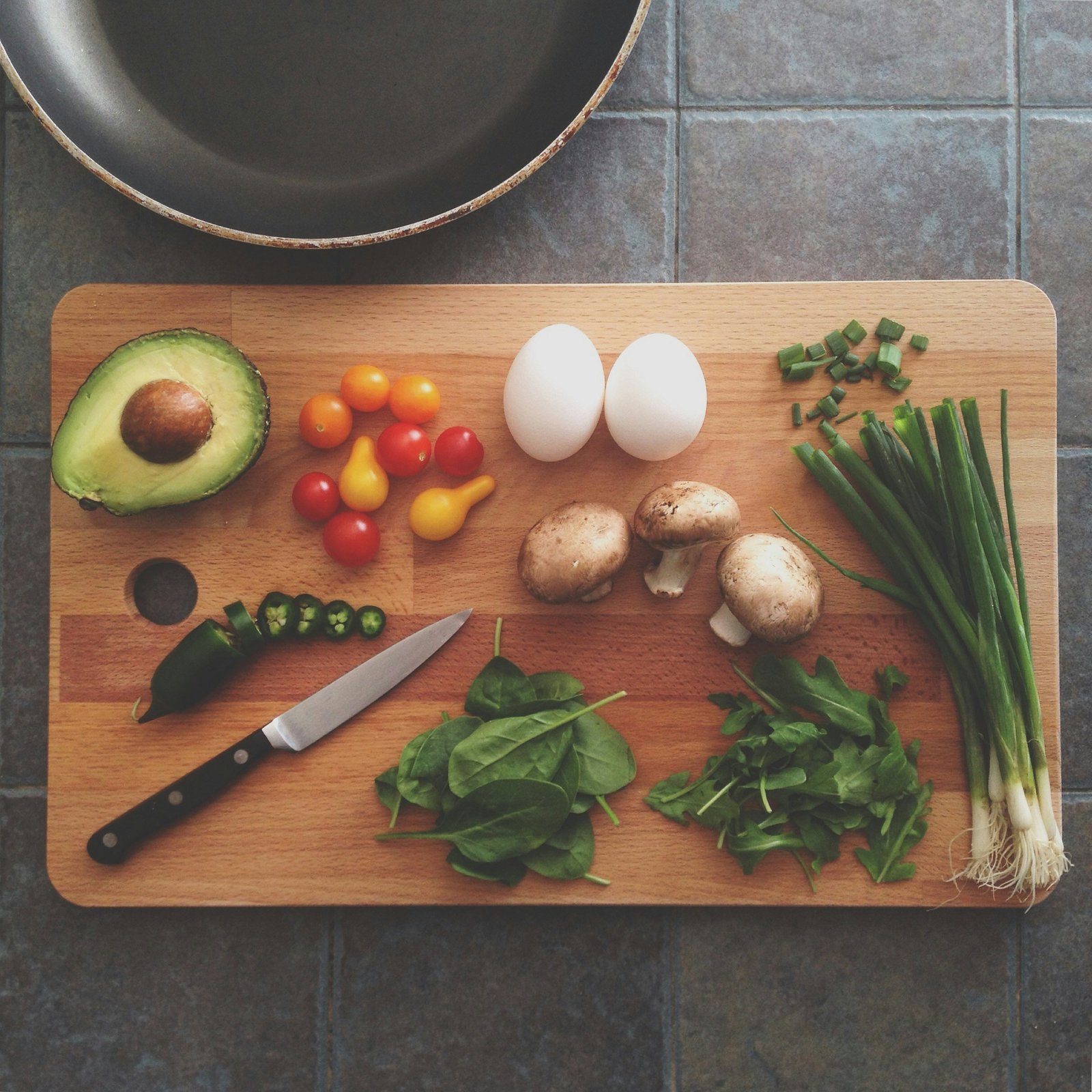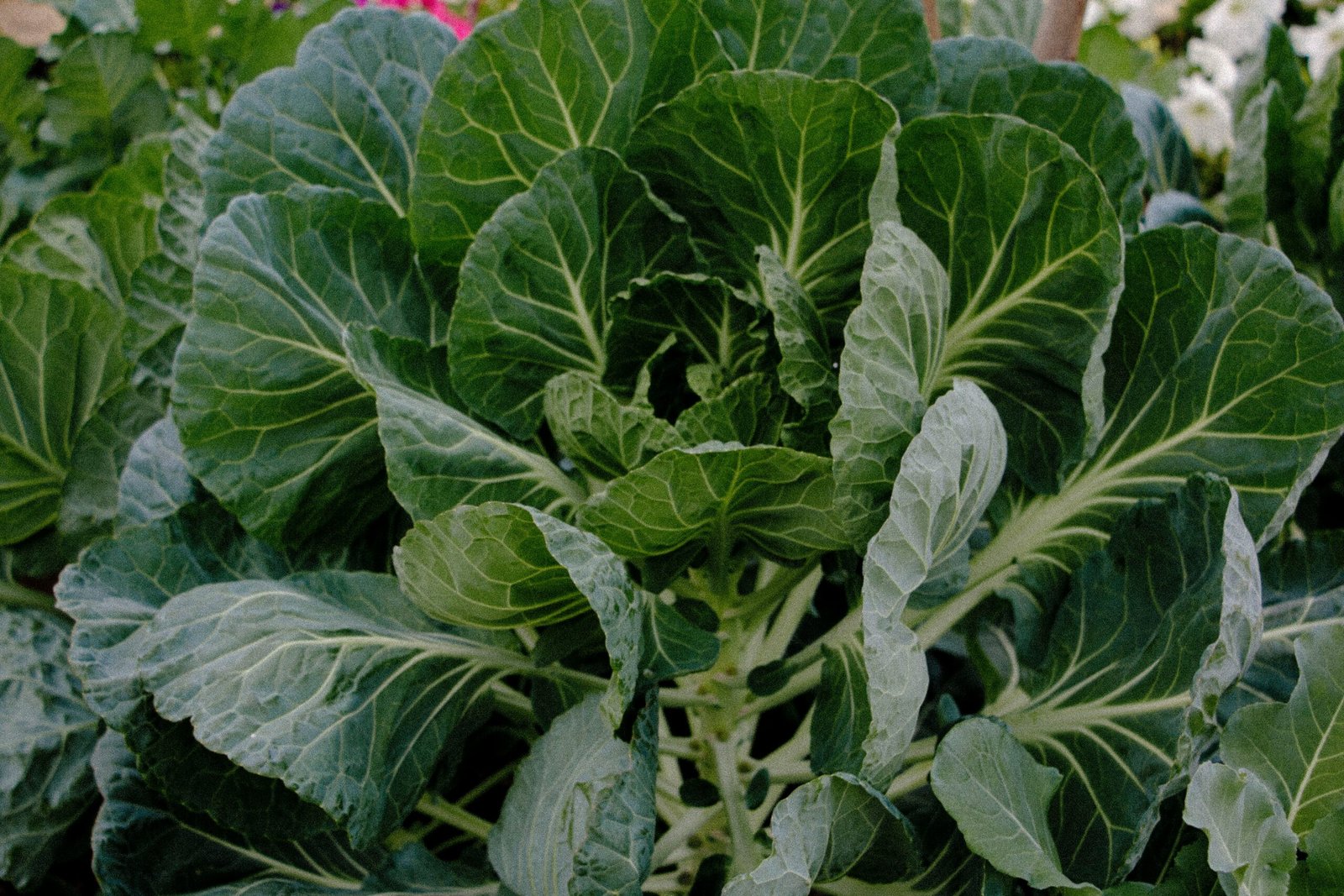
Introduction to Wheat-Free Sports Nutrition
In the realm of sports nutrition, maintaining optimal dietary habits is crucial for enhancing performance, ensuring efficient recovery, and supporting overall health. For some athletes and active individuals, this means embracing a wheat-free diet. Several factors can drive the decision to avoid wheat, including medical conditions like gluten intolerance or celiac disease, and personal dietary preferences. Understanding the intricacies of wheat-free sports nutrition is essential for those who aim to achieve peak physical performance without compromising their health.
Gluten intolerance and celiac disease are among the primary reasons athletes might choose a wheat-free diet. Gluten, a protein found in wheat, barley, and rye, can trigger adverse reactions in individuals with these conditions, leading to symptoms like digestive distress, fatigue, and nutrient malabsorption. For these individuals, eliminating wheat is not just a choice but a necessity to maintain their health and well-being.
Even for those without medical conditions, personal dietary preferences can lead to the adoption of a wheat-free lifestyle. Some athletes find that avoiding wheat improves their digestive comfort, reduces inflammation, or enhances their overall energy levels. Regardless of the reason, a well-balanced, wheat-free diet can still provide the necessary nutrients to support intense physical activity.
Proper nutrition is pivotal in sports, influencing everything from endurance and strength to recovery and injury prevention. Athletes must ensure they receive adequate macronutrients—carbohydrates, proteins, and fats—along with essential vitamins and minerals. A wheat-free diet can meet these requirements through alternative sources, such as rice, quinoa, fruits, vegetables, lean meats, and dairy products. Strategic meal planning and mindful food choices are key to maintaining a balanced diet that fuels performance effectively.
In essence, wheat-free sports nutrition is not about restriction but about making informed and health-conscious dietary choices. Athletes can thrive on a wheat-free diet by understanding their nutritional needs and exploring the wide variety of available alternatives. This approach ensures that their bodies are well-fueled, resilient, and ready to perform at their best.
Pre-Workout Meals: Energizing Without Wheat
Effective pre-workout nutrition is crucial for athletes aiming to achieve optimal performance and maintain energy levels throughout their exercise routines. For those avoiding wheat, there are numerous nutrient-dense options that can provide the necessary carbohydrates, proteins, and healthy fats to fuel workouts effectively.
One excellent pre-workout meal is a quinoa bowl. Quinoa is a gluten-free grain that is rich in complex carbohydrates and provides a good amount of protein. Pairing quinoa with vegetables and a source of healthy fat, such as avocado or olive oil, can offer a balanced meal that digests at a steady rate, ensuring sustained energy.
Fruit and nut smoothies are another fantastic option. Blending fruits like bananas and berries with almond milk and a handful of nuts or seeds can create a nutrient-rich drink. Bananas provide quick-digesting carbohydrates and potassium, which helps in maintaining muscle function, while nuts and seeds add protein and healthy fats to keep you satiated and energized.
For a lighter option, athletes can consider rice cakes with peanut butter. Rice cakes are a low-calorie source of simple carbohydrates that can quickly boost blood sugar levels, while peanut butter adds a dose of protein and healthy fats, making it a balanced snack that’s easy to digest.
The timing of pre-workout meals is just as important as the content. Consuming a larger meal three to four hours before exercise can allow enough time for digestion. However, smaller snacks should be eaten about 30 to 60 minutes prior to the workout to avoid discomfort and ensure that the body has access to quick energy sources.
By selecting wheat-free, nutrient-dense foods and timing them appropriately, athletes can maximize their energy levels and enhance their performance, all while adhering to their dietary restrictions.
Post-Workout Recovery: Replenishing and Repairing
Effective post-workout recovery is crucial to maximizing the benefits of your exercise regimen, especially when adhering to a wheat-free diet. The recovery phase focuses on replenishing glycogen stores and repairing muscle tissues, and this can be achieved through a balanced intake of protein and carbohydrate-rich foods.
Carbohydrates play a vital role in restoring glycogen levels depleted during physical activity. Sweet potatoes, for instance, are an excellent option as they are nutrient-dense and gluten-free. Other beneficial sources include quinoa, brown rice, and various fruits like bananas and berries, which not only provide essential carbohydrates but also supply necessary vitamins and antioxidants.
Protein is equally important in post-workout recovery, as it aids in muscle repair and growth. Lean meats such as chicken, turkey, and fish are ideal protein sources that do not contain gluten. For plant-based options, legumes like lentils, chickpeas, and black beans are excellent choices. Additionally, incorporating dairy or dairy alternatives such as Greek yogurt, cottage cheese, or almond milk can enhance protein intake while catering to individual dietary preferences.
Hydration is another critical aspect of recovery. Water is essential for maintaining bodily functions and facilitating nutrient transport. For those engaging in intense or prolonged exercise, electrolyte beverages can be beneficial to replace minerals lost through sweat. Ensure these drinks are free from gluten-containing additives.
Supplements can also support your recovery, particularly when whole foods are not readily available. Protein powders, such as whey, pea, or hemp protein, can be convenient and effective. It is important to verify that these supplements are gluten-free to avoid any adverse reactions.
By focusing on these gluten-free, nutrient-rich foods and maintaining proper hydration, you can effectively replenish and repair your body post-workout, ensuring sustained performance and overall well-being.
Sample Meal Plans for Different Fitness Levels
When tailoring a diet to suit various fitness levels, it is essential to ensure the meal plans are both nutritious and wheat-free. Below, we provide meal plans for beginner, intermediate, and advanced athletes, offering balanced options for breakfast, lunch, dinner, and snacks. These plans focus on the correct distribution of macronutrients and micronutrients to support optimal performance.
For beginners, starting the day with a protein-packed breakfast is crucial. Consider a spinach and feta omelet served with a side of fresh berries. For lunch, a quinoa and chickpea salad with mixed greens and a lemon vinaigrette provides a balanced mix of protein and fiber. Dinner could be a grilled chicken breast with steamed broccoli and sweet potatoes. Snacks might include a handful of almonds or a Greek yogurt with honey.
Intermediate athletes might require slightly more calories and nutrient diversity. A typical breakfast could feature a smoothie bowl made with almond milk, banana, spinach, and a scoop of protein powder, topped with chia seeds and sliced almonds. For lunch, a turkey and avocado lettuce wrap paired with a side of carrot sticks and hummus offers a nutritious balance. Dinner can be a salmon fillet served with quinoa and roasted asparagus. Snack options could include apple slices with almond butter or a protein bar.
Advanced athletes often need higher caloric intake to fuel their rigorous training regimens. A hearty breakfast like a tofu scramble with bell peppers, onions, and a side of whole fruit can be ideal. For lunch, a nutrient-dense bowl comprising brown rice, black beans, roasted vegetables, and a dollop of guacamole should suffice. Dinner might include lean beef stir-fry with a mix of colorful vegetables and a side of cauliflower rice. Snacks for advanced athletes can include a smoothie made with coconut milk, mixed berries, and a scoop of collagen protein or a handful of mixed nuts.
Consistency is key in maintaining a wheat-free diet, especially for athletes. Meal prepping and planning ahead can significantly enhance adherence to nutritional goals. Preparing meals in bulk, using airtight containers, and ensuring a variety of ingredients can help athletes stay on track. By integrating these strategies, athletes at any fitness level can enjoy balanced, wheat-free meals that support their performance and overall health.

